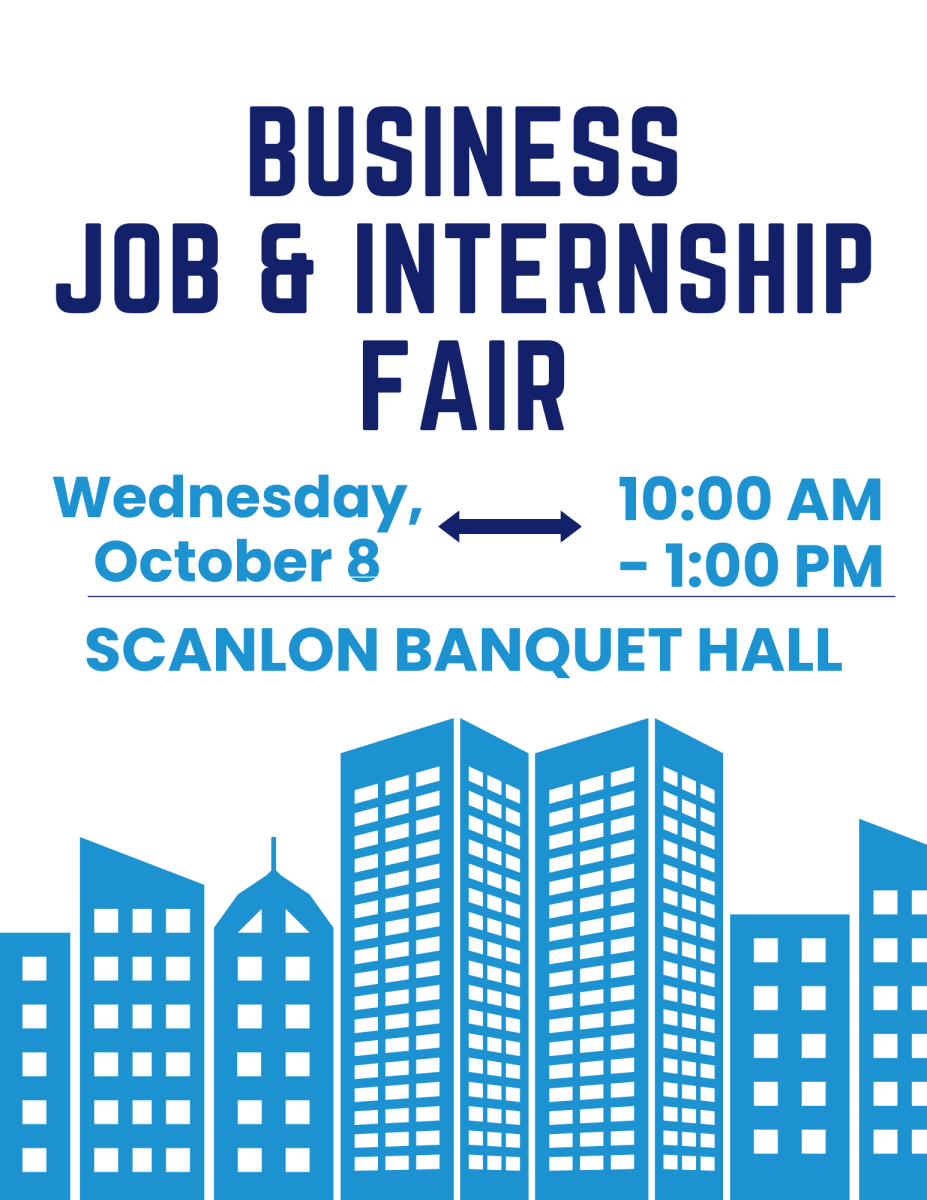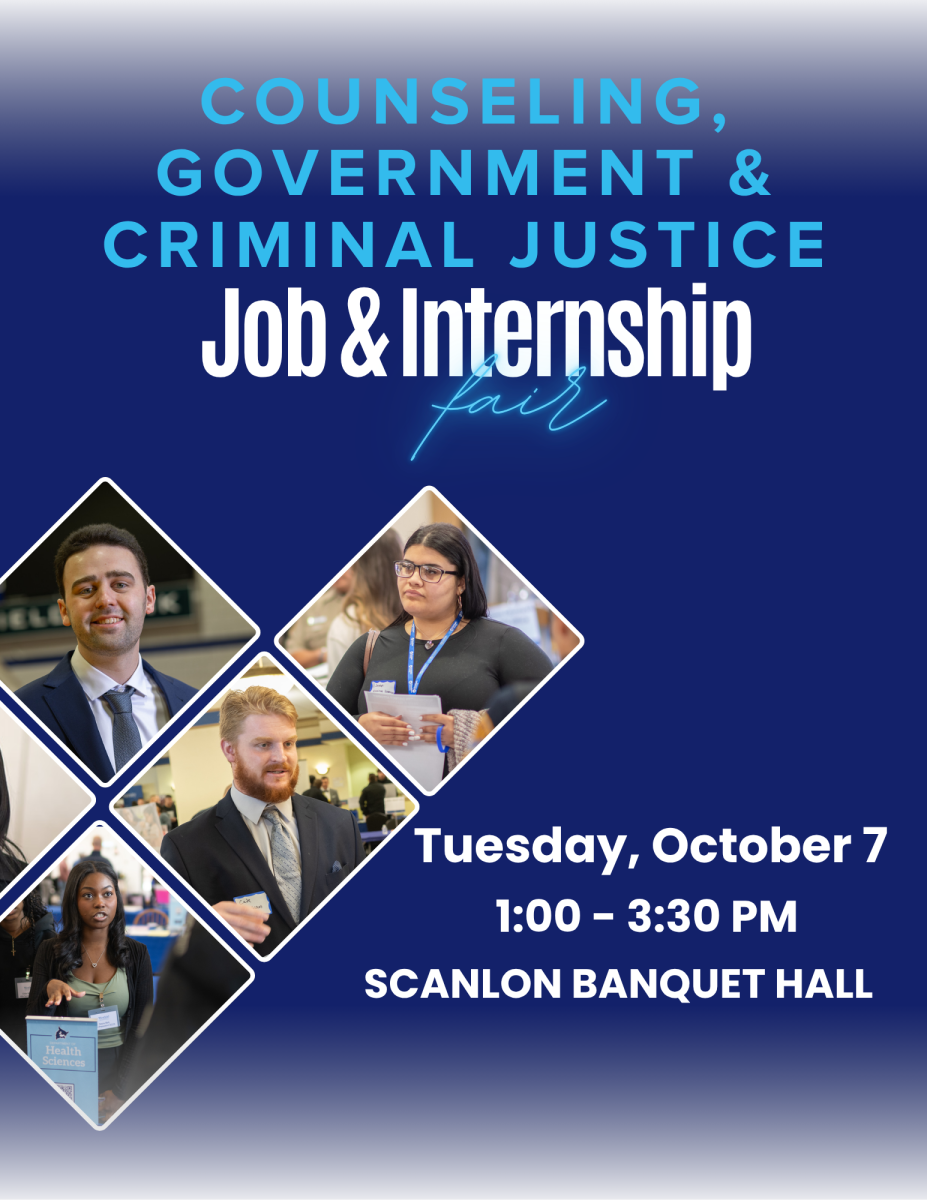On September 27th, 2018, the United States Senate began the confirmation hearing of Supreme Court nominee Brett Kavanaugh, that ultimately acted as an interrogation into sexual assault allegations from Dr. Christine Blasey Ford. Though many Republican senators are looking to push the nomination along without conclusive data, the hearing established a need for further FBI probing into Kavanaugh’s story and a reason to delay the vote.
The entire hearing was
garnered with explosively hostile, surreal interactions between Senators and Kavanaugh,
countless interruptions of Sen. Dianne Feinstein, and a heart-wrenching opening
statement by Dr. Ford that dripped with honesty. As the Stanford professor
recounted every gruesome detail of the sexual assault that happened to her when
she was 15, she became a hero and a symbol for the 1/3 of American women that
have been sexually assaulted and stayed quiet about it (according to The
National Sexual Violence Resource Center).
Ford explained that, “Brett’s
assault on me drastically altered my life. For a very long time, I was too
afraid and ashamed to tell anyone the details. I did not want to tell my
parents that I, at age 15, was in a house without any parents present, drinking
beer with boys. I tried to convince myself that because Brett did not rape me,
I should be able to move on and just pretend that it had never happened.”
After carrying
around the weight of her trauma for 30 years, Dr. Ford believed it was her “civic
duty to relay the information [she] had about Mr. Kavanaugh’s conduct so that
those considering his potential nomination would know about the assault”.
Still, after elegantly outlining the emotional turmoil a woman must go through
when coming to terms with an assault, let alone following through with the
reporting process, most of the skepticism on social media was centered around
the 36-year gap between attack and testimony. Receiving negative pushback from
Republican Senators is to be expected when keeping in mind their polarizing
agenda, but progress can’t be made until civilians understand the severity of
their “witch hunt” claims.
When I was 17, I was assaulted by my boyfriend at the time. I initially gave him my consent, but quickly changed my mind as it was my first time and I was uncomfortable. When I asked him to stop he told me to “take one for the team” and continued to have sex with me until he was done. I stayed with him for almost two years though it got worse, but my defense mechanism was always to make light of his abuse as if it was a funny, quirky situation. It took me more than a year removed from the relationship to admit that I had been raped by him, and even writing this now is causing an anxious wave of uncertainty to wash over me. When I finally told my friends and family, they were surprised, not because it goes against my ex’s character, but because I fooled them into thinking I was happy throughout the relationship. I had locked the truth away for so long after that night, it felt more like a story than something that happened to me. But my subconscious knows it is true. It lets me know the trauma still lingers by tying my stomach in knots whenever a Honda Civic drives by, or a bed starts squeaking in the apartment above me, or someone is told to “take one for the team”. It is the root of many sleepless nights and seemingly random fits of rage.
Every single assault is unique as are the events that unfold in it’s wake. Manipulation, doubt, fear, and self loathing are huge emotional factors that overwhelm individuals and deter them from reporting their account to the police immediately. Moving forward with a criminal investigation against an alleged assaulter is a decision ultimately based upon available evidence, statute of limitations and the objective decision of an officer (RAINN). After reading many of the articles that came out following the Supreme Court hearing, it seems that women who do come forward weeks or months after their assault have minimal chances of constructing a case without visual evidence. It is not an easy problem to solve, but it seems clear that if 60% of victims (NSVRC) do not feel confident enough in their chances to receive justice, the system needs some reworking.
In short, Dr. Blasey Ford’s testimony has brought to light a gaping hole in our justice system and by simply telling her story has inspired women all over the country to do the same. To the people wondering what her “ulterior motives” are in bringing Kavanaugh forward after 30 years, she stated it plain and simple. She believes it is her civic duty, in the midst of the #MeToo movement, to shine light on an epidemic that has been plaguing our society for too long. I stand with her, and I hope she does not have to see her assaulter appointed to the highest ranking court in the United States.




















